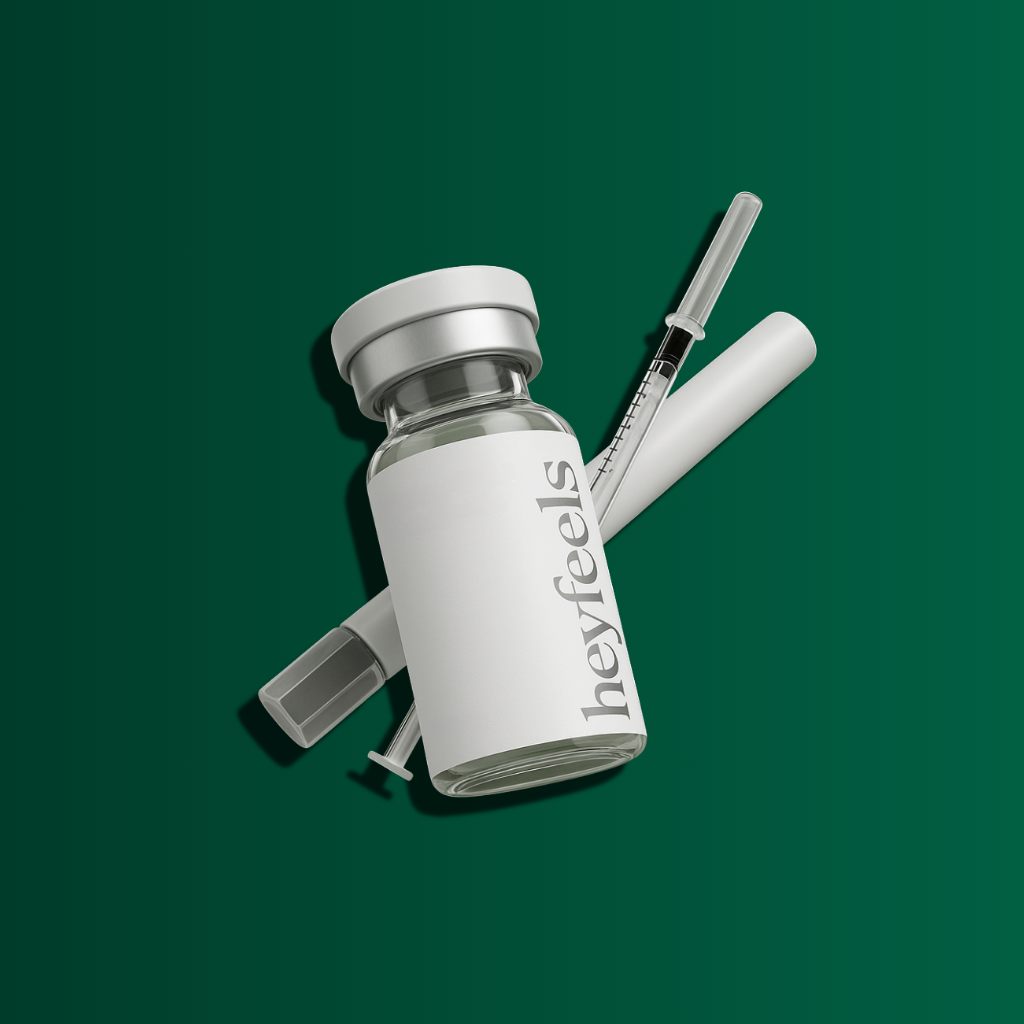Intro
You count calories. You meal prep. You even drag yourself to the gym.
And still—the scale doesn’t budge.
It’s enough to make anyone feel defeated. But what if the issue isn’t you... but the way your body is wired right now?
If you’ve ever thought, “I’m doing everything right—so why am I still stuck?”, this blog is for you. We’ll break down the real, science-backed reasons your weight won’t move—and what you can actually do about it (without starving or stressing yourself out).
You’re Not Crazy. Your Body Is Just Fighting Back.
Let’s start with this: if you’ve been working hard and still feel stuck, you’re not imagining things.
Many people assume weight loss is as simple as “eat less, move more.” But for a lot of us—especially women, people over 30, or those with chronic stress or insulin resistance—it’s not that simple.
Your body isn’t a calculator. It’s a survival system. And if it senses that you’re in a state of restriction, fatigue, or imbalance, it can hit the brakes on fat loss—hard.
5 Hidden Reasons You’re Not Losing Weight
1. Your Hormones Are Out of Sync
Hormones like insulin, cortisol, leptin, and GLP-1 regulate everything from appetite to fat storage. When they’re imbalanced—whether from stress, lack of sleep, or years of yo-yo dieting—your body starts holding onto fat, even in a calorie deficit.
For example, if your insulin levels stay elevated, your body will struggle to burn stored fat. Instead, it keeps using sugar for energy—and stores any extra as fat.
2. You’re Eating Too Little (Yes, Really)
Chronically under-eating can slow your metabolism and cause muscle breakdown. This makes your body burn fewer calories at rest—and cling to every bite like it’s winter.
Plus, under-fueling often leads to binge episodes or energy crashes that spiral into weight gain over time.
3. Your Sleep and Stress Are Sabotaging You
High stress = high cortisol = increased cravings and stubborn belly fat.
Lack of sleep = poor insulin sensitivity and hunger hormone chaos.
Even with perfect eating, your nervous system can block fat loss if it thinks you’re under threat.
4. You’re Losing Fat But Gaining Water (Or Muscle)
The scale can be a liar. Weight doesn’t always equal fat. You might be:
- Retaining water from inflammation or hormonal shifts
- Building muscle while losing fat
- Shifting body composition without it showing up on the scale yet
This is why photos, measurements, or how your clothes fit can tell a better story than the number.
5. Your Body Is Desensitized to Hunger Cues
Years of dieting or emotional eating can cause your GLP-1 and leptin signals to weaken. That means:
- You feel hungry even when you’ve eaten enough
- You don’t feel full when you should
- You think about food all day long
This internal “miscommunication” makes it nearly impossible to stick to healthy habits—your biology is working against your willpower.
How GLP-1 Can Help — When Nothing Else Works
If this is you—doing the work but getting nowhere—it might be time to consider medical options.
GLP-1 medications (like semaglutide) mimic a natural hormone your body already makes. They help:
- Restore fullness signals so you feel satisfied on less food
- Lower insulin levels to help your body burn fat more easily
- Reduce cravings and “food noise”
- Support steady, healthy weight loss over time
“It’s like your brain finally goes quiet around food,” says one user. “I could finally eat like a normal person again.”
Combined with lifestyle changes, GLP-1s don’t just help you lose weight—they help you feel like yourself again.
Disclaimer: GLP-1 treatments must be prescribed by a licensed provider based on your health history. Results vary by individual.
4 Things to Do Today If You’re Stuck
- Ditch the “eat less” mindset.
Focus on eating enough protein and whole foods to nourish your body instead of depriving it. - Track more than weight.
Photos, mood, sleep quality, clothes—all of these can show progress before the scale does. - Move with intention, not punishment.
Walking, strength training, and stretching beat endless cardio. Your nervous system matters as much as your muscles. - Take the quiz.
If your biology is working against you, medication may be the missing piece. A personalized plan is just a few clicks away.
Conclusion: It’s Not Your Fault
Weight loss resistance isn’t about weakness—it’s about biology.
If you’ve been doing everything “right” and still feel stuck, your body may be sending you a signal: it needs a different approach.
One based on restoring balance, not restriction.
One where your hormones, hunger, and habits work with you, not against you.
Ready to break the cycle?







